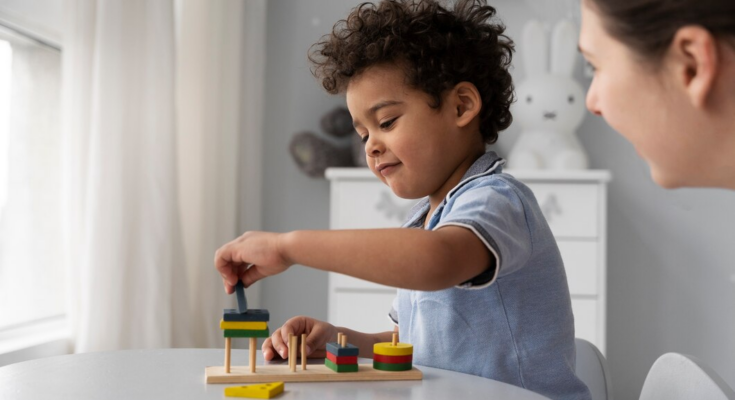Early childhood education plays a key role in a child’s development. The first few years shape their ability to learn, socialize, and adapt to new environments. Enrolling in a pre-k program provides structured learning experiences that help children thrive.
These programs introduce essential skills in a fun and engaging way. Young minds absorb knowledge best through play, interaction, and guided activities. A strong foundation in early education gives children a head start before they enter kindergarten.
Early Learning Sets the Foundation
Pre-k programs focus on early education, helping children develop literacy and numeracy skills. They engage in activities that teach letters, numbers, colors, and shapes in an interactive setting. Learning in this way builds confidence and enthusiasm for education.
Teachers use age-appropriate methods to introduce basic concepts. Storytelling, singing, and hands-on activities make learning enjoyable. These early experiences help children develop cognitive abilities that will benefit them throughout their academic journey.
Social Development Starts in Pre-K
Young children learn important social skills when they interact with peers in a structured environment. Pre-k programs provide daily opportunities for teamwork, communication, and problem-solving. These experiences help children understand cooperation and empathy.
Simple group activities encourage sharing and taking turns. Children practice listening to instructions and respecting others’ opinions. By learning these skills early, they become more prepared for social situations in school and beyond.
Cognitive Skills Grow with Pre-K Activities
A child’s brain develops rapidly during early years, making pre-k programs essential for cognitive growth. Activities like puzzles, matching games, and creative play improve memory and critical thinking. These exercises strengthen problem-solving skills and logical reasoning.
Exposure to different subjects sparks curiosity. Science experiments, hands-on math games, and interactive storytelling engage young learners. This well-rounded approach prepares them for more complex learning experiences in the future.
Emotional Growth Through Structured Learning
Emotional intelligence is just as important as academic success. Pre-k programs help children recognize and manage their emotions. They learn patience, self-control, and ways to express feelings in a healthy manner.
Teachers guide students through structured routines, which provide a sense of stability. Predictable schedules help children feel secure and confident in their surroundings. This stability allows them to explore, learn, and develop positive relationships.
Pre-K Encourages Independence and Confidence
Enrolling in pre-k helps children become more independent. Simple tasks like packing their bags, choosing activities, and following a schedule teach responsibility. These small steps build confidence and prepare them for the structure of elementary school.
Children also learn to make decisions on their own. Whether selecting a book to read or choosing a partner for an activity, they develop a sense of autonomy. These experiences help them feel capable and self-sufficient.
Preparing for Kindergarten with Pre-K Programs
A smooth transition to kindergarten is one of the biggest benefits of pre-k programs. Children already familiar with classroom settings feel more comfortable when they enter formal schooling. They know how to follow routines, listen to teachers, and interact with classmates.
The skills learned in pre-k give them an academic advantage. Basic reading, writing, and math skills make kindergarten lessons easier to grasp. With a strong foundation, they start their school journey with confidence and excitement.
Conclusion
Pre-k programs offer numerous benefits that shape a child’s early years. They provide essential academic, social, and emotional development that prepares children for future success. Learning in a structured environment builds confidence, independence, and a love for education.
Investing in early childhood education gives children the best possible start. A well-rounded pre-k experience ensures they are ready for kindergarten and beyond.




